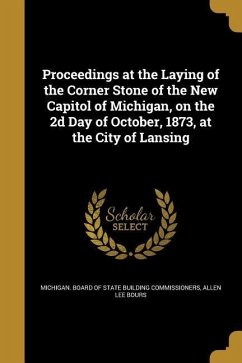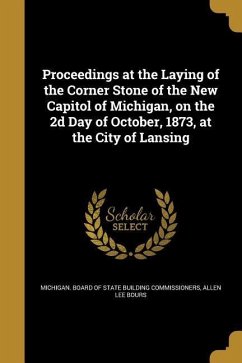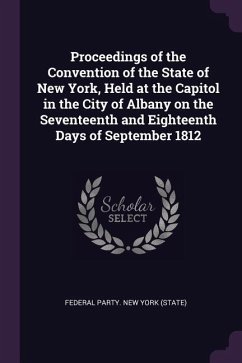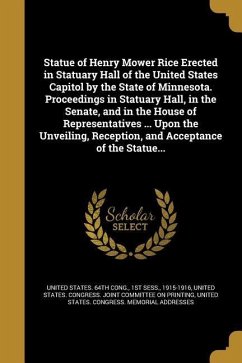
Beyond the Capitol
AIPAC and American Politics
Versandkostenfrei!
Versandfertig in 1-2 Wochen
16,99 €
inkl. MwSt.

PAYBACK Punkte
8 °P sammeln!
Beyond the Capitol: AIPAC and American Politics is a sweeping, deeply researched examination of how the U.S.-Israel relationship has evolved from postwar idealism into one of the most influential-and controversial-alliances in modern politics. Combining history, policy analysis, and investigative reporting, the book traces how a lobby born in the early Cold War became a central player in Washington's power structure and how that influence continues to shape U.S. diplomacy, elections, and public debate in the twenty-first century. From President Truman's recognition of Israel in 1948 to the com...
Beyond the Capitol: AIPAC and American Politics is a sweeping, deeply researched examination of how the U.S.-Israel relationship has evolved from postwar idealism into one of the most influential-and controversial-alliances in modern politics. Combining history, policy analysis, and investigative reporting, the book traces how a lobby born in the early Cold War became a central player in Washington's power structure and how that influence continues to shape U.S. diplomacy, elections, and public debate in the twenty-first century. From President Truman's recognition of Israel in 1948 to the complex realities of the Biden era, Beyond the Capitol follows the political machinery that has sustained America's unwavering support. It explores the inner workings of lobbying networks, campaign financing, think tanks, and media strategies that have turned Israel policy into one of the most consistent bipartisan causes in U.S. history. At the same time, it examines how demographic change, new social movements, and global realignments are challenging long-standing assumptions about what that partnership means. Written in clear, accessible prose, the book combines the rigor of scholarship with the urgency of investigative journalism. It delves into how billions in military and economic aid are justified, how congressional votes are influenced, and how public narratives are shaped to maintain a sense of moral consensus. The analysis extends through the wars in Gaza, the growing generational divide among American voters, and the rise of alternative advocacy groups that question the wisdom of unconditional support. Beyond the Capitol is not an attack on any nation or community; it is a call for transparency and accountability in democratic policymaking. The narrative insists that true friendship between nations must include the courage to confront hard truths. It argues that the durability of the U.S.-Israel alliance will depend less on sentiment than on shared adherence to the principles of human rights, rule of law, and equality before the international community. Drawing on government reports, congressional data, polling research, and expert interviews, the book illuminates how U.S. veto power at the United Nations, domestic political fundraising, and foreign policy rhetoric intersect to produce real-world consequences-from the battlefields of Gaza to debates in American classrooms. It also situates these dynamics within broader global shifts: the U.S. retreat from regional dominance, China's rise as a Middle Eastern mediator, and the growing assertiveness of local powers from Ankara to Riyadh. For readers of contemporary politics, diplomacy, and history, Beyond the Capitol offers a rare panoramic view of influence-how it is built, maintained, and contested. It reveals both the effectiveness and the fragility of a lobbying model rooted in secrecy and moral conviction, showing why generational change and digital transparency are now rewriting the rules of advocacy. Urgent, unflinching, and grounded in verifiable evidence, Beyond the Capitol asks what happens when power outlives the stories that once justified it. It is a book for anyone who believes that democracy requires an informed citizenry-and that even the strongest alliances must occasionally be re-examined to remain true to the ideals on which they were built.








![Journal of the Proceedings of the Convention of the People of Florida, Begun and Held at the Capitol in the City of Tallahassee [1], on Thursday, Janu Cover Journal of the Proceedings of the Convention of the People of Florida, Begun and Held at the Capitol in the City of Tallahassee [1], on Thursday, Janu](https://bilder.buecher.de/produkte/51/51789/51789135n.jpg)



